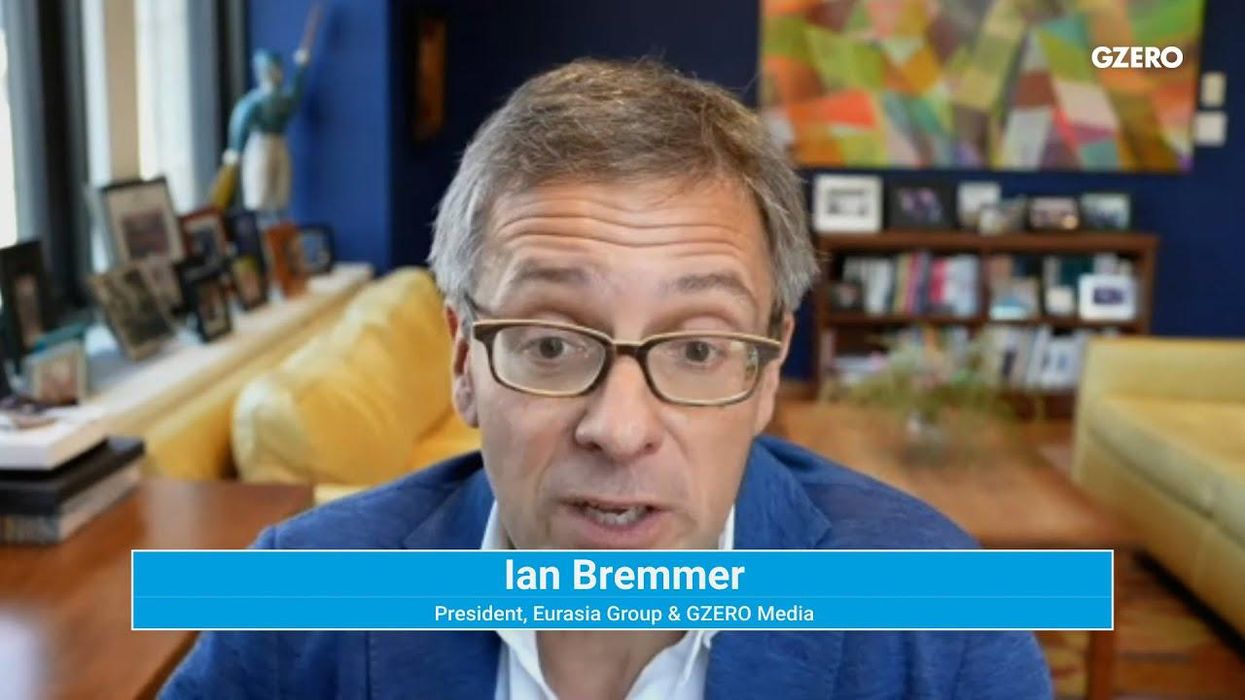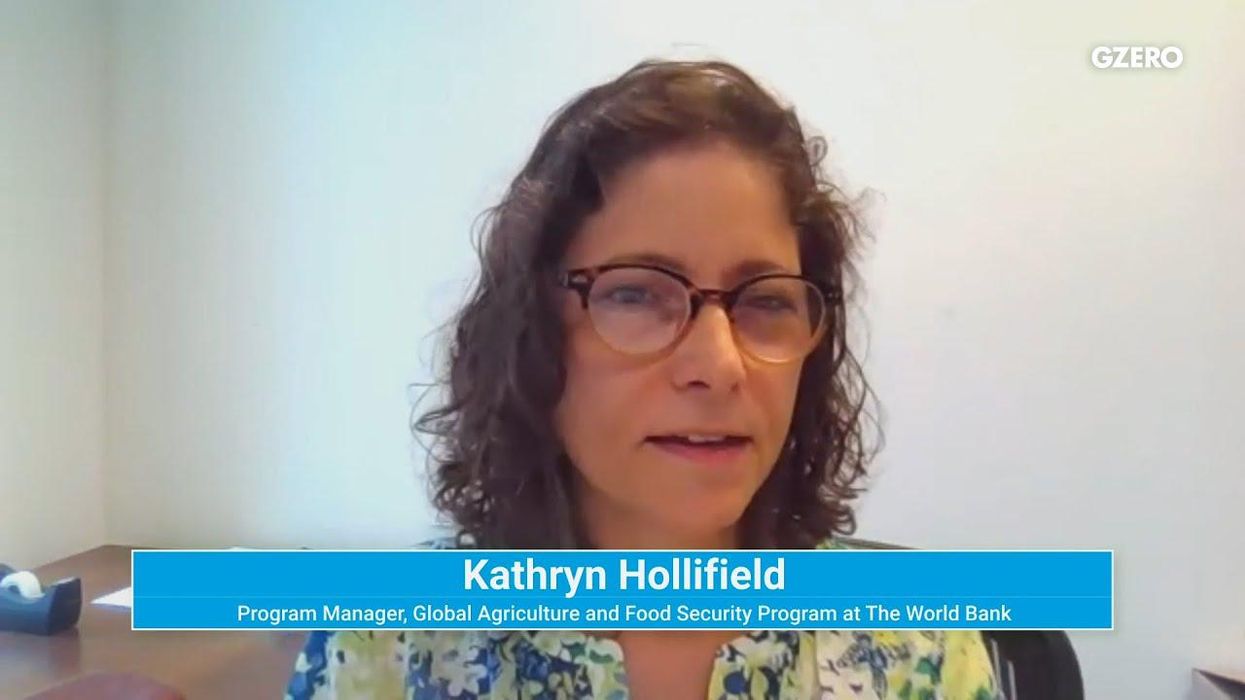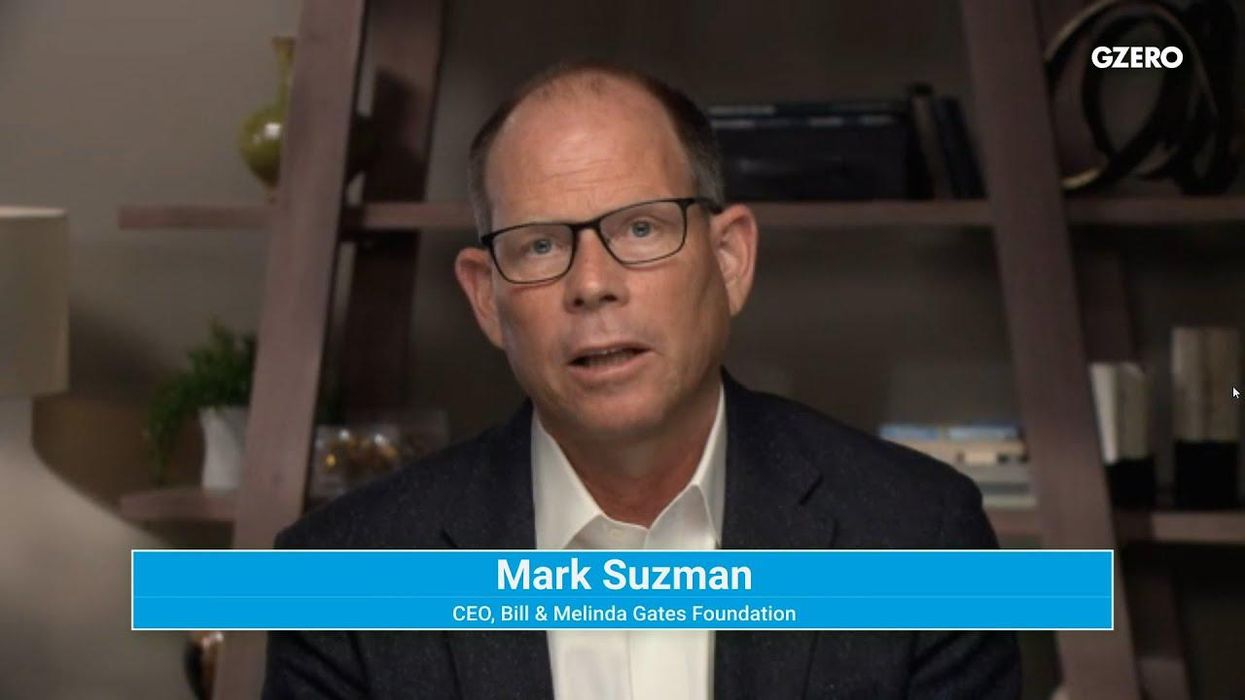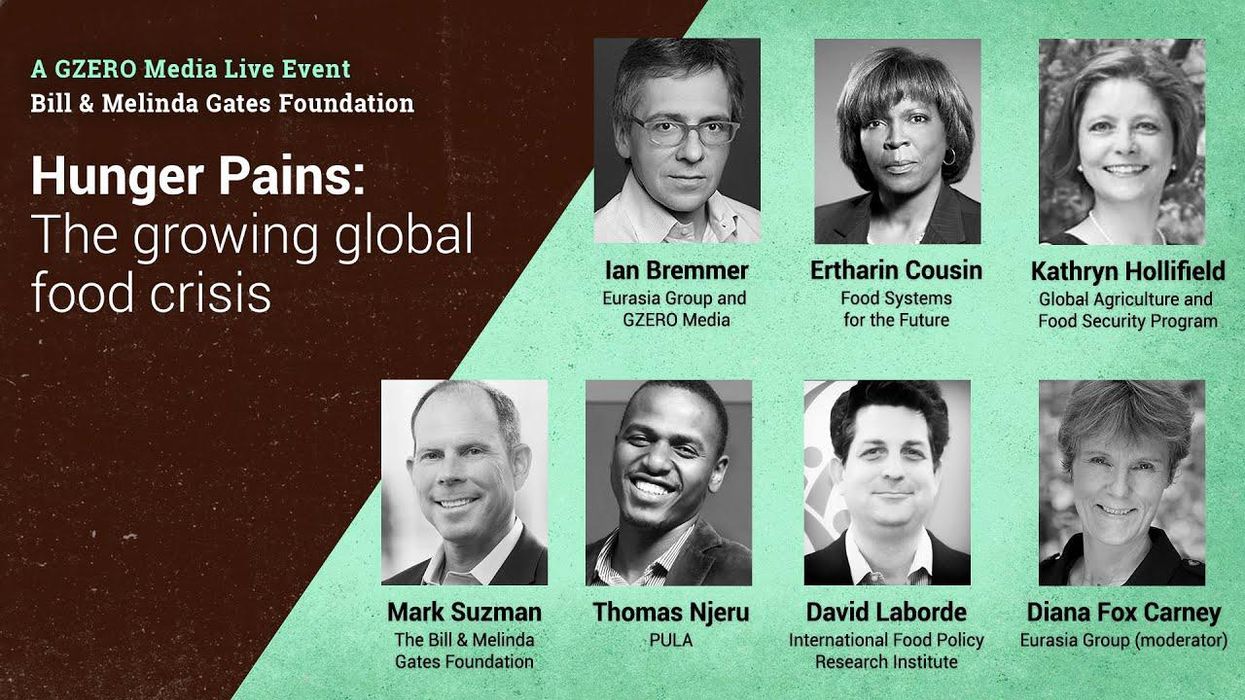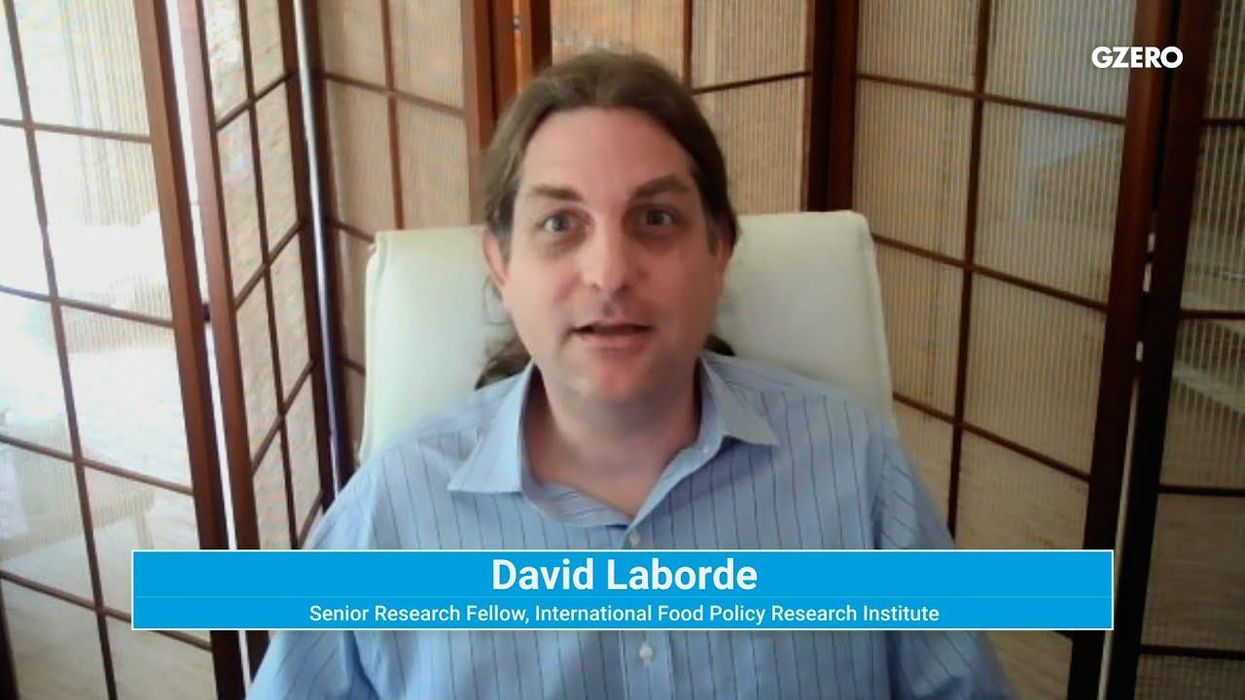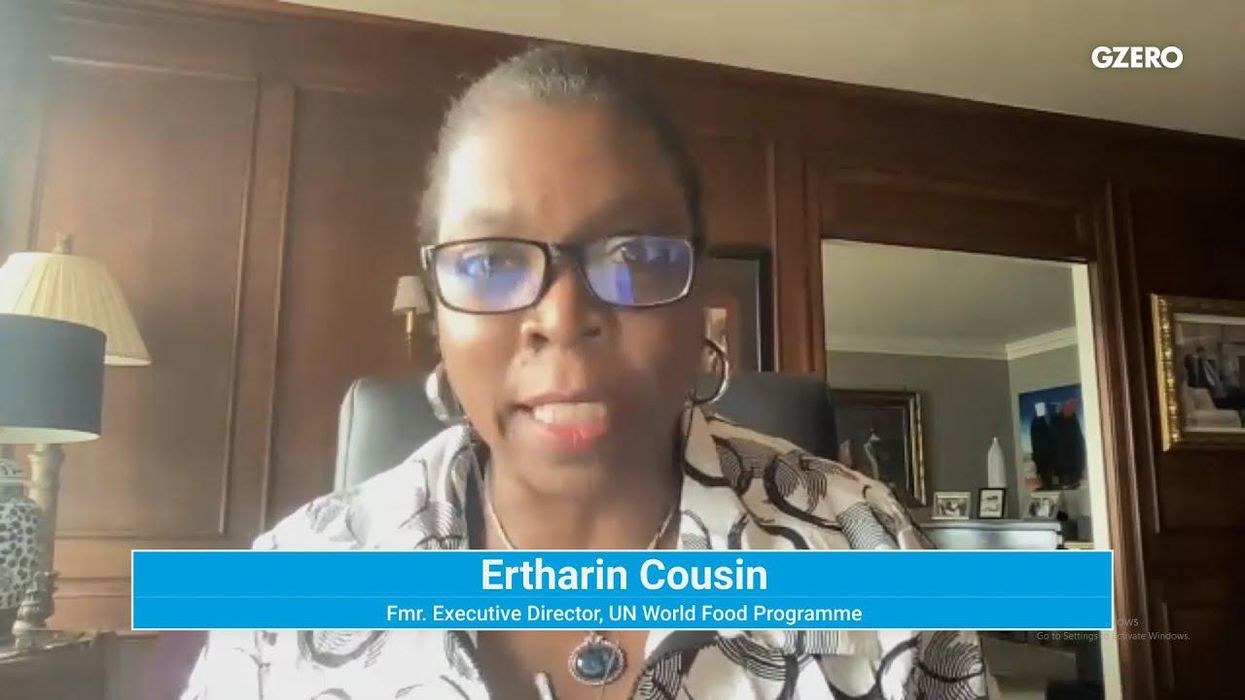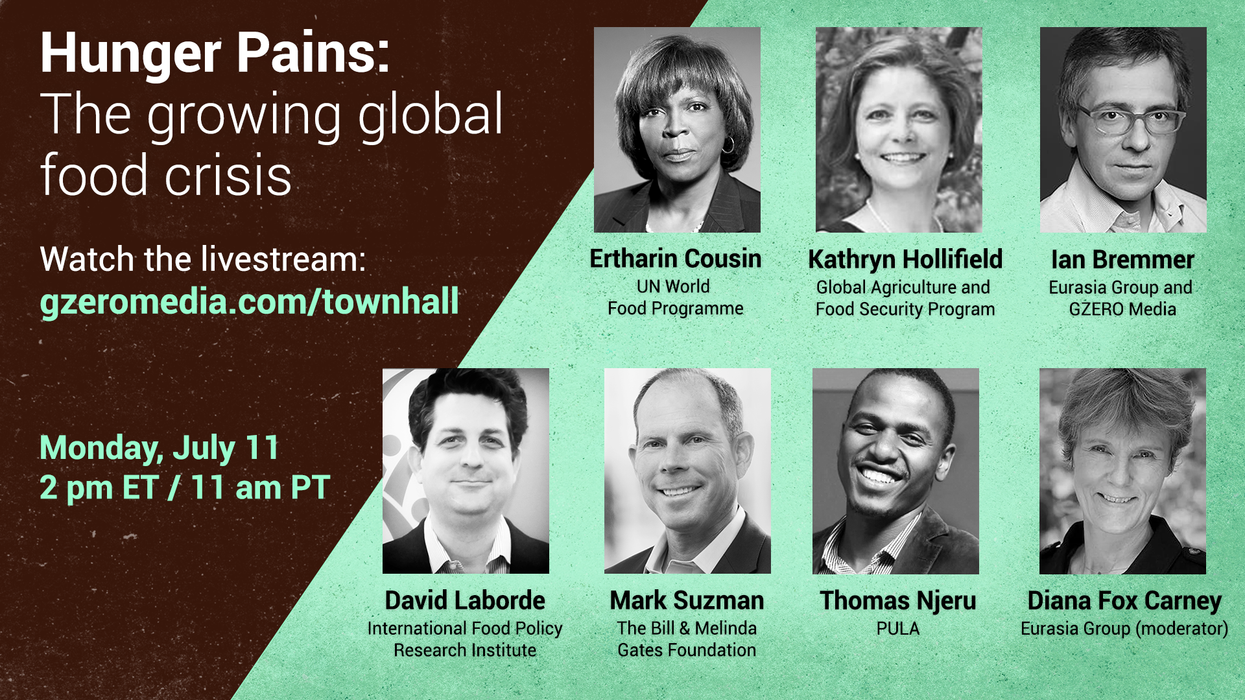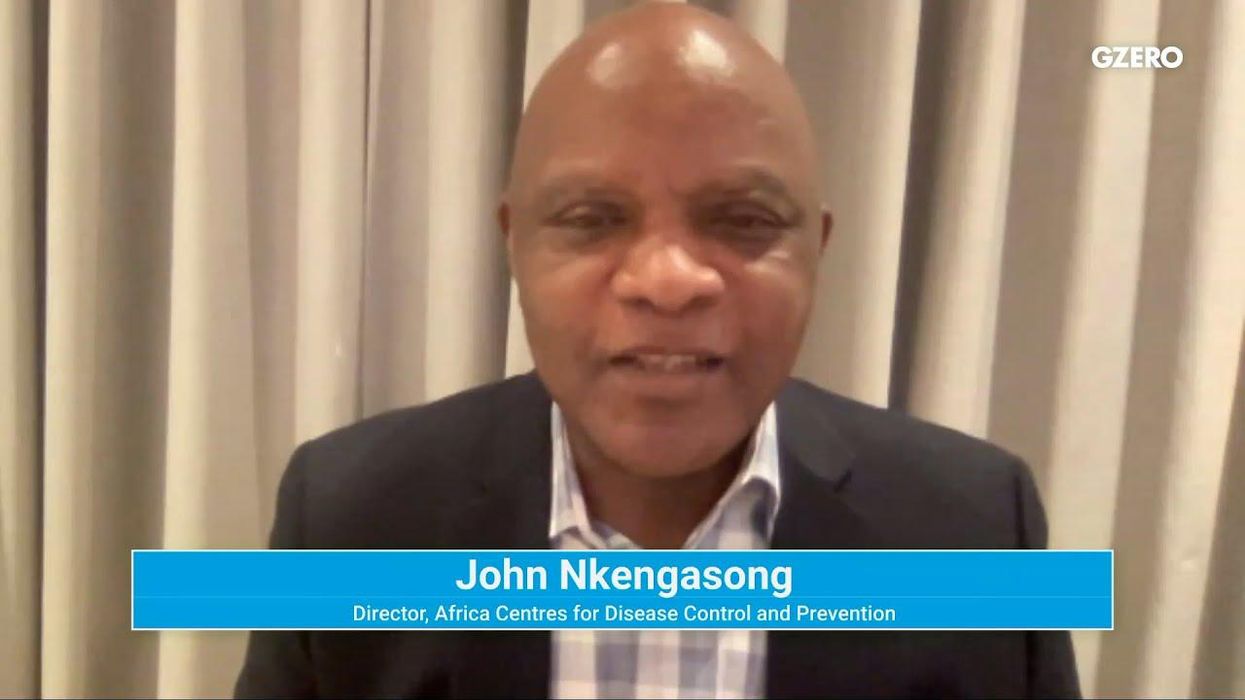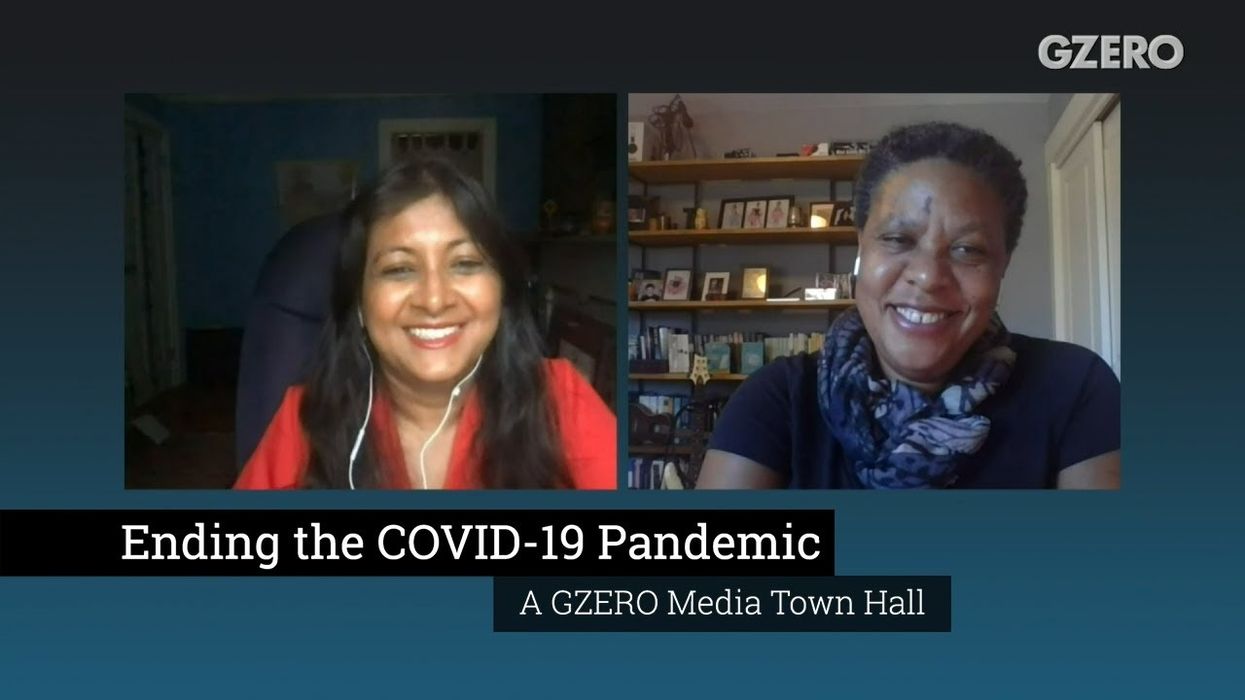Video
Ian Bremmer: Global middle class erosion making people hungrier — and angrier
Until recently, global development had been defined by globalization, especially when it comes to a growing middle class and poverty reduction. Not anymore, Eurasia Group President Ian Bremmer said during a livestream conversation about the global food crisis hosted by GZERO Media in partnership with the Bill & Melinda Gates Foundation.
Jul 22, 2022
